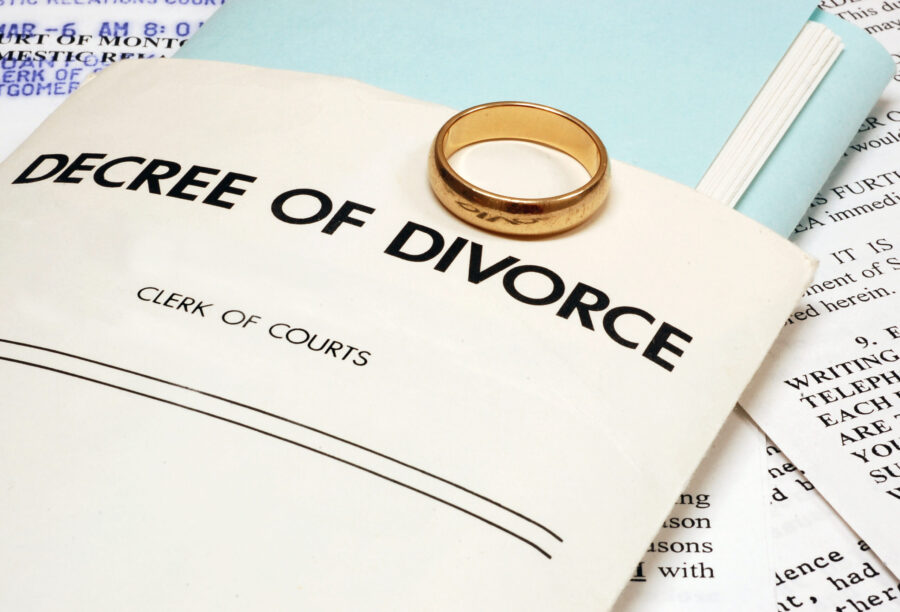For couples untangling their shared life, the presence of a business in the marital assets…
Protecting Your Finances in a Divorce

Getting divorced stirs up significant emotions and creates personal challenges. It can also lead to issues relating to finances if you don’t adequately plan for the future.
Here we offer tips on safeguarding your assets, separating your finances, and preparing yourself for the financial aftereffects of a divorce.
Establish a Legal Separation
You can file for a no-fault divorce once you and your spouse live separately and apart for at least one year. The requirement is six months if you don’t have children and have a signed separation agreement.
Having a separation date on record might protect the assets you acquire afterward. In Virginia, the courts only divide marital property, meaning all property each party acquires while married. Anything you obtain after the separation date might only belong to you if you have satisfactory evidence that it is separate property instead of marital property.
Identify Every Asset You Own
You might not realize how many assets you have until you compile a list. Knowing what you own by yourself and own with your spouse is beneficial. It can help you identify your rights when making the divorce agreement.
The property you acquired before marriage or by bequest, survivorship, descent, devise, or gift is separate property. Separate property also includes all property acquired while married in exchange for or from the proceeds of selling separate property. Your spouse has no rights to your separate property after the divorce.
However, marital property is subject to equitable division. That means the courts divide assets equitably based on each spouse’s finances. Marital property can include assets such as:
- Homes, land, and rental properties
- Motor vehicles
- Bank accounts
- Retirement plans
Gather Financial Documents
Get copies of every document related to your assets and finances while sorting through your marital and separate property. Those documents might include:
- Deeds
- Trusts and wills
- Bank statements
- Credit card statements
- Business valuations
- Mortgage statements
- Health and life insurance policies
- Tax returns
- Employee benefits
Your financial statements and documentation can show the value of your assets. They can also help you locate hidden property or funds you didn’t know about while you were married.
Transfer Joint Accounts
You and your spouse might be on good terms. However, protecting yourself from your ex’s poor spending habits or debt is crucial. Although you might verbally agree not to use the money in your joint bank accounts, transferring it to separate accounts is the best way of safeguarding your finances. You can each take half of the funds and direct them to individual bank accounts.
You should never alter marital assets without discussing them with your spouse and your lawyer first. Making those decisions without your spouse’s authorization or permission can negatively affect your divorce. Their lawyer might accuse you of hiding assets or preventing your spouse from receiving their fair share.
Create a Budget
Whether you’re the primary breadwinner or are dependent on your spouse, finalizing your divorce will change your financial standing. You should create a budget to ensure you can afford your expenses.
Although you might think divorcing your spouse means they’re on their own financially, a court might order you to pay spousal support if they don’t have the means to support themselves. You might have to pay them so they can afford the daily cost of living.
If you make less money than your spouse and the court doesn’t award spousal support, you must determine how you’ll afford your expenses. A budget can break down your monthly costs compared to your income so you can plan accordingly.
Hire an Experienced Divorce Lawyer
One of the best ways to protect your finances during a divorce is to hire a divorce lawyer. Pincus Goodman, P.C., can look out for your interests and fight for the assets you deserve.
Call or contact us online or call us at (757) 301-9634 for a confidential consultation in Virginia Beach if you want to learn more about keeping your finances safe during your divorce.





